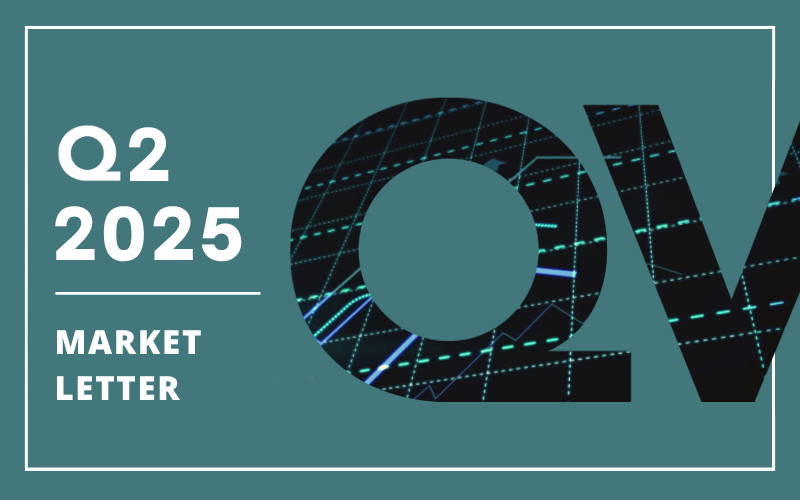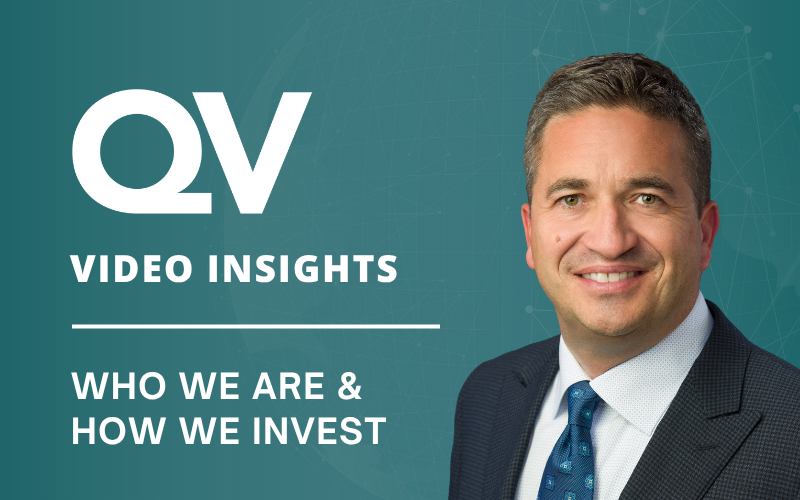In the years leading up to the Second World War, France spent billions building a heavily fortified trench line called the Maginot Line in anticipation of a German offensive. France assumed that the next war would look like a long, drawn-out war of attrition, fought in trenches (essentially WWI continued). Unfortunately, with enhancements in weapons technology and a change in fighting tactics, the investments that France poured into the Maginot Line went largely to waste. France ultimately fell to Germany in matter of weeks.
HISTORY CAN BOTH HELP AND HINDER
Those that have read some of my other weekly updates will likely guess that my “side hobby” is diving into history. History is fascinating to study, mostly because gaining insight into what has happened proves quite helpful in gaining a better understanding of what is happening today.
At the same time, history regularly reminds us of the perils of relying too much on the past. In the words of Mark Twain, history rhymes but never repeats. Recessions from afar look alike but up close are actually very different. Trying to guess which areas of the economy will be hit the hardest (and which fare better) is extremely difficult.
If you followed any equity strategists recently, you wouldn’t necessarily know this. Regularly, equity strategists urge people to buy or sell in different industries all the time (perhaps you’ve even seen some calls to action circulating lately urging the public to invest in gold).
YESTERDAY’S WINNER MAY NOT BE TOMORROW’S WINNER
To illustrate how different industries can behave in a downturn, consider the relationship between financials and energy in the two most recent recessions. In the Great Recession (Global Financial Crisis of 2008-2009), real estate and banks were extraordinarily challenged while the energy sector enjoyed a comparatively better time. This was in big part due to the growing demand in China offsetting the weak demand in North America.
In 2020, the contrast between industries was entirely reversed. The price of oil reached negative levels for the first time ever, while banks and real estate fared much better on the backs of record government stimulus and low interest rates. Had an investor simply applied the Great Recession experience to 2020, they would have faced quite an unpleasant surprise.


Source: QV Investors.
THE IMPORTANCE OF DIVERSIFICATION
Every downturn will be different at the individual sector level and trying to guess which sectors will be the winners or losers is very difficult and comes with a low probability of success. At QV, we have typically avoided picking industry winners and losers and instead opt to build a diversified portfolio. We believe this is the best way to avoid being over-exposed to any one weak area (and ensure that we have exposure to comparatively stronger areas as well). Note that this also means that often, our portfolio can look very different from the index, this is by design.
Additionally, this is one of the reasons why in the Canadian Large Cap strategy, while our benchmark has a nearly 30% exposure to financials, we only have 24%. Our weight in energy over the last two years has largely shrunk while the energy sector weight in our benchmark has grown considerably. Is this because the Large Cap team believes that like in 2020 energy will see negative prices again? Or is it that recent events related to the US regional banking crises have us expecting GFC version 2.0? Not necessarily, in fact, when we consider the information before us, we think there’s room for some cautious optimism.
On the energy side, OPEC does appear to be more disciplined and more importantly the balance sheets of energy companies are far stronger than in 2020. On the financials end, it is never ideal to see small banks fail in rapid succession for fear of contagion. We take comfort in knowing that large banks have very healthy capitalization rates and that the Canadian banks have always been more heavily regulated than the US.

Source: QV Investors.
YOU ONLY HAVE 100% OF THE PORTFOLIO TO INVEST
The message we want to get across is that predicting which areas of the economy will be hit the hardest is very difficult and that history is a poor predictor of future winners and losers. We get around this by creating a diversified portfolio, not because we made a macro-economic call, but because we believe that diversification is important and creates better long-term investment outcomes. Simply put, we only have 100% of the portfolio to invest, and by having lower weights in the largest sectors in our benchmark, means that we able to have higher weights in the under-represented sectors.
A diversified portfolio alongside our typical stock selection practices that my colleagues have outlined in many prior updates, helps create a stronger downside risk protection that is important to both our firm and our clients.




